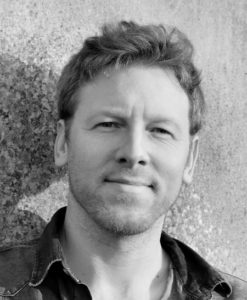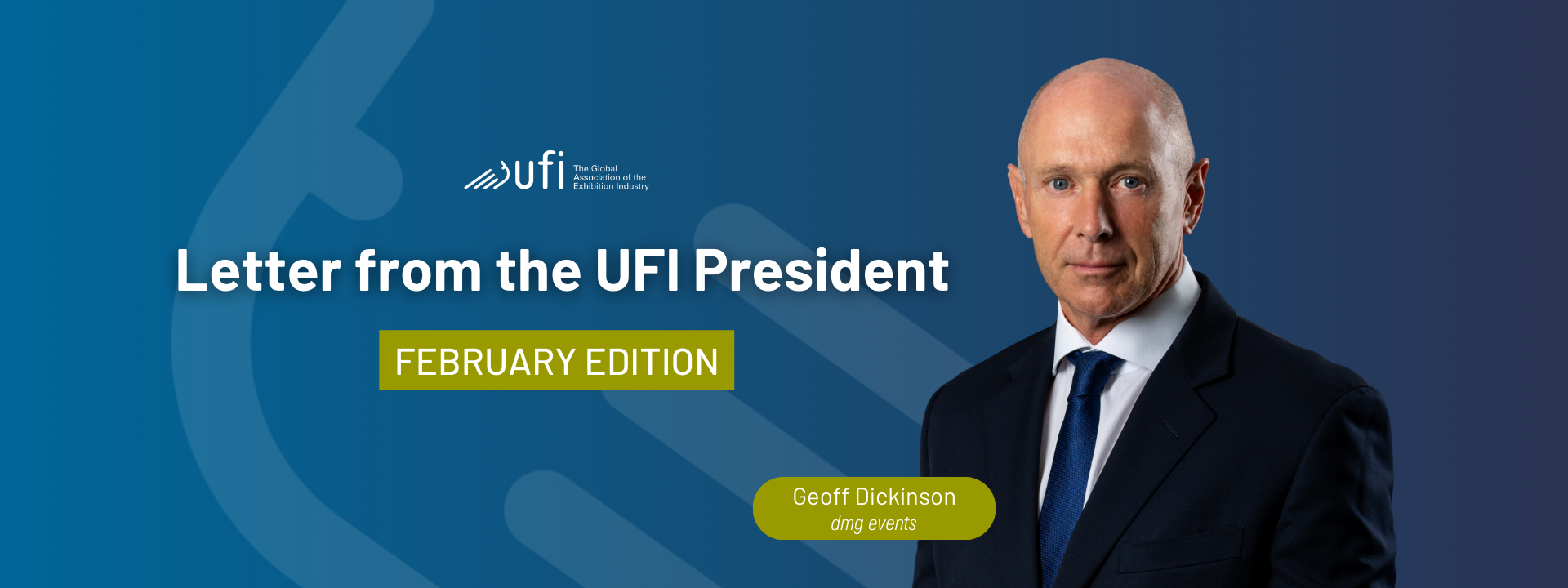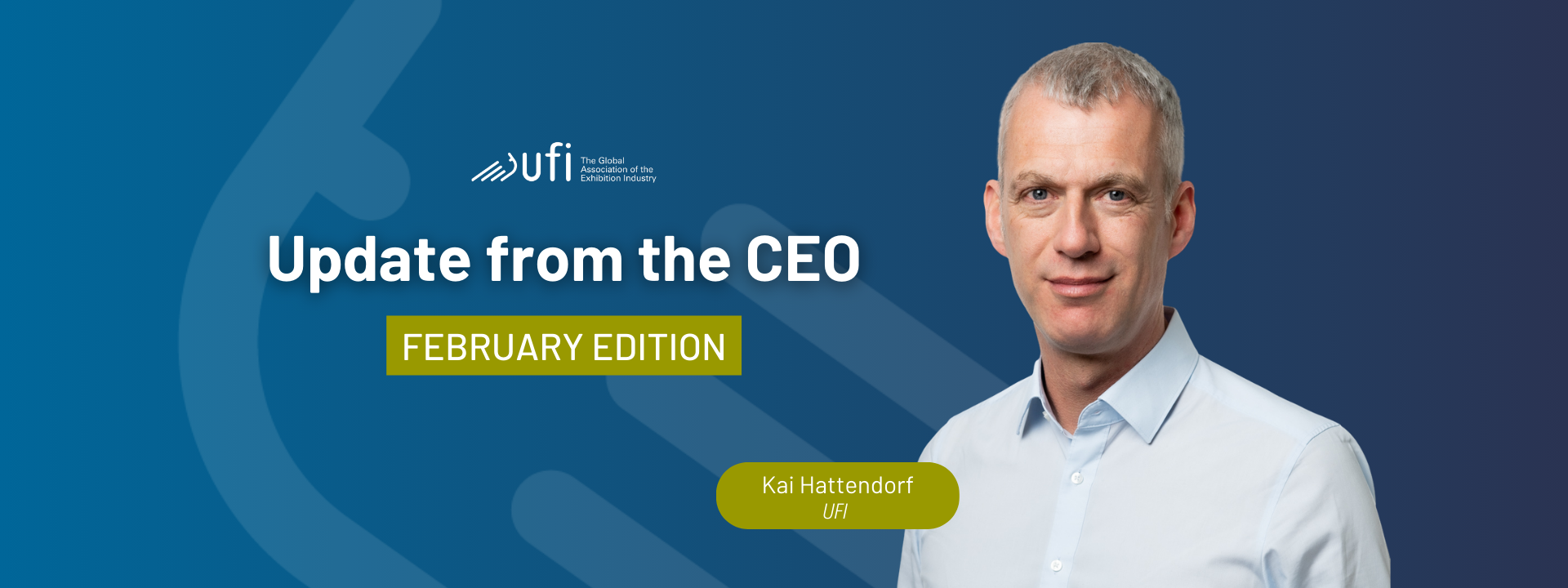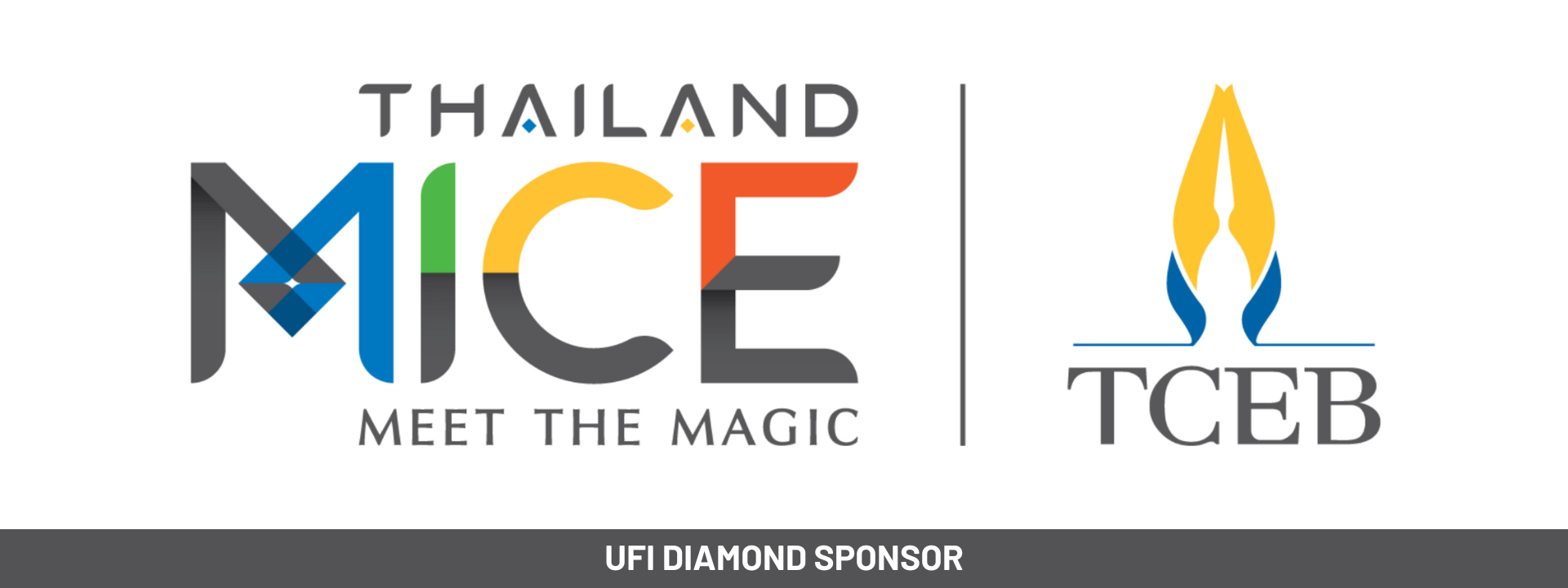
Antony Reeve-Crook, Director, ArciMedia Ltd.
Eric Everard, CEO and founder of Belgium’s Easyfairs is a keynote speaker at this year’s UFI European Conference in Birmingham. Before he takes the stage I managed to catch up with him to find out if the company’s model continues unchanged, and to what he attributes the company’s success.
Easyfairs operates in 20 countries, manages a portfolio of 218 fully owned events and ten venues. Its revenues and profits are derived roughly 80 per cent from its exhibition organising activity, with the rest comprising venue management activity.
The company made its name (literally) with an efficient, simplistic approach to exhibiting in in clearly-defined markets, all in pursuit of high ROI. Modular stands and an all-in packaged concept helping participating companies not to overspend. But with the ongoing fracture and division of industry verticals resulting from new technology and market diversification, is this an approach the company has since had to revise?
In short, while its cookie-cutter, modular approach may work inside the venue, in a global context the approach must be very much bespoke if it is to work.
“Being in clearly defined markets with specialised event concepts is the clear answer to the (visitor) market demands,” explains Eric. “That way we can build our own competence in a limited selection of specialised markets, which in turn reinforces our event concepts.
“So far the model has worked everywhere. There are no geographical limitations but there are indeed cultural differences. That’s why our teams are local, implementing a global model locally in a flexible way.”
In February the company strengthened its trade show portfolio by acquiring two events from Clarion in Germany, FMB and FMB-Süd (Forum Maschinenbau); acquisitions it refers to as ‘highly strategic’ for the engineering market in which it already operates. The previous month it opened Åbymässan, a new venue serving Gothenburg metropolitan area in Sweden.
Bringing companies such as these into the fold and attributing talent accordingly is simpler for a company free of the strictures of public ownership. Something that allows the company to grow swiftly, according to Eric.
“As a 100 per cent private company with a lean management structure, we are able to make quick decisions on any project. We are also free to decide in which investments are needed to always remain at the forefront in systems, technologies and so on,” he explains. “And as a relatively debt-free company we are always ready to move swiftly on new launches and acquisitions, which our creative and experienced development people keep on proposing.
People are of course at the heart of any deal. So how does the company retain talent and bring acquisitions such as Clarion’s events into the fold?
“The event industry is a people’s business and therefore talent management is one of our top priorities. Integration, like for instance those two German events, is a thoroughly tried, tested and processed job and it seems to work well as our numerous acquisitions over the few last years have proven,” says Eric, pointing out that Easyfairs won the UFI Education award last year.
The company’s competitiveness can be traced to a structure that enables it to move fast and retain the initiative over competitors. Which begs the question is there a threshold beyond which such swift movement becomes too complicated to manage? What is the best way to grow beyond this stage – appointing more regional talent and moving to an increasingly decentralised structure?
We’ll hear more on this and plenty of other talking points up at Birmingham in May.







Leave A Comment